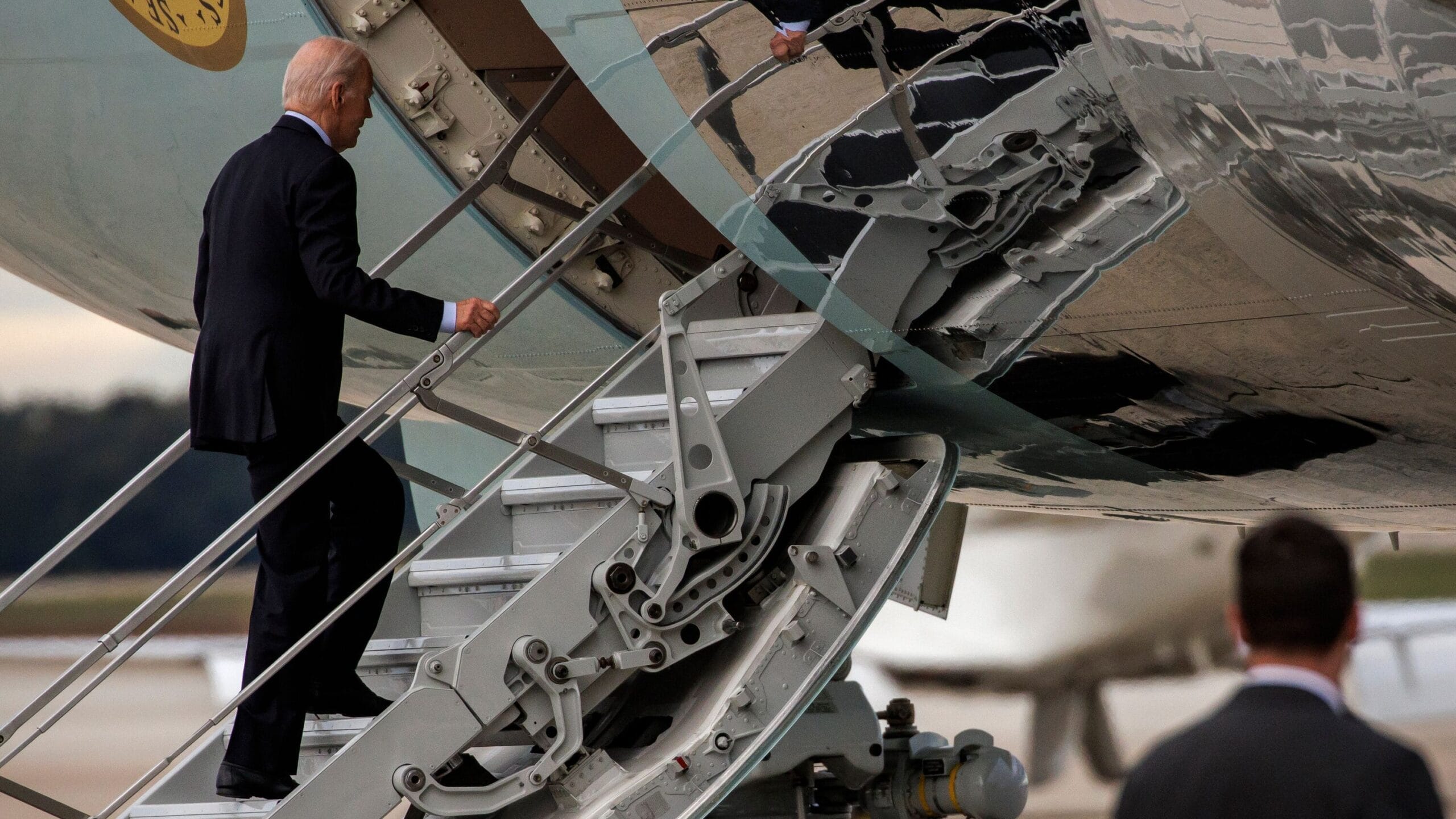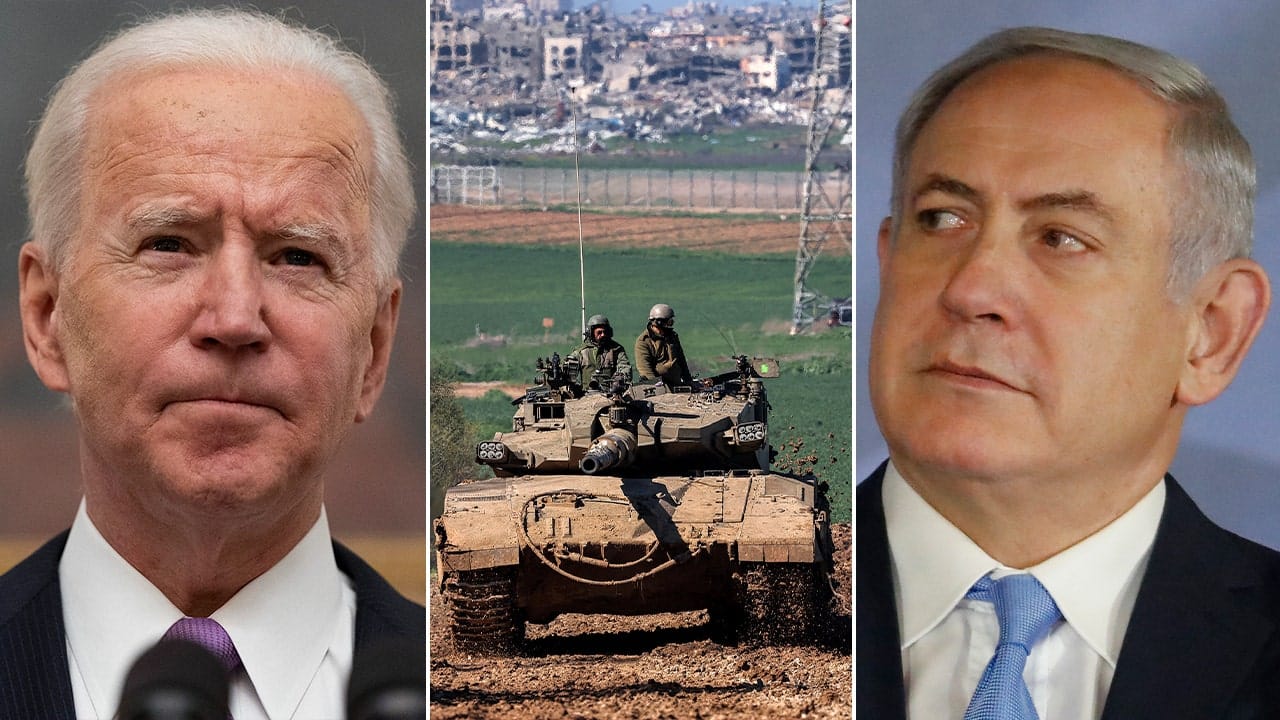The Biden administration has officially confirmed its intention to send an arms shipment valued at $8 billion to Israel, marking a significant step in U.S. military support for the country. This decision comes at a time of heightened tensions in the Middle East, where Israel continues to face various security challenges. The arms shipment is seen as a crucial component of the United States’ commitment to ensuring Israel’s qualitative military edge in the region.
The arms package includes advanced weaponry and military equipment that are expected to bolster Israel’s defense capabilities. The specifics of the shipment have not been disclosed in detail, but it is likely to include precision-guided munitions, missile defense systems, and other advanced military technologies. Such equipment is vital for Israel as it navigates a complex security landscape characterized by threats from neighboring countries and non-state actors.
This arms shipment is part of a long-standing U.S. policy of military assistance to Israel, which has received substantial support from the United States over the decades. The relationship between the two countries is grounded in shared strategic interests, democratic values, and historical ties. The U.S. has consistently emphasized its commitment to Israel’s security, often citing the need to counterbalance adversarial forces in the region.
The announcement of the $8 billion arms shipment has prompted discussions among policymakers and analysts regarding its potential implications. Critics argue that such military support may exacerbate tensions in the Israeli-Palestinian conflict and hinder efforts towards a peaceful resolution. They express concerns that increased military aid could lead to further escalation of violence, particularly in areas where Israeli military operations have been met with resistance from Palestinian groups.
Supporters of the arms shipment contend that it is essential for Israel’s self-defense and regional stability. They argue that a well-equipped Israeli military is necessary to deter aggression from hostile neighbors and to maintain peace in a volatile region. Proponents also emphasize that the U.S. arms sales are conducted with strict oversight and are intended to enhance Israel’s defensive capabilities rather than to promote offensive military actions.
In response to the announcement, various international actors have voiced their opinions. Some countries in the Middle East have expressed concern over the implications of increased military support for Israel, fearing that it could lead to an arms race in the region. Meanwhile, Palestinian representatives have condemned the arms shipment, stating that it undermines efforts for peace and justice for the Palestinian people.
The timing of the arms shipment also coincides with ongoing diplomatic efforts in the region. The Biden administration has been engaged in discussions with various Middle Eastern nations, aiming to foster stability and promote dialogue. The U.S. has been advocating for a two-state solution to the Israeli-Palestinian conflict, and some analysts question whether the arms shipment aligns with these diplomatic goals.
In the context of U.S. domestic politics, the arms shipment has sparked debate among lawmakers. Some members of Congress have expressed support for the administration’s decision, highlighting the importance of standing by Israel as a key ally. Others have raised concerns about the ethical implications of providing military aid to a country involved in ongoing conflicts.
As the situation in the Middle East continues to evolve, the impact of the $8 billion arms shipment remains to be seen. Analysts will be closely monitoring developments to assess how this military support influences regional dynamics, Israeli security operations, and the broader quest for peace in the region. The Biden administration’s decision reflects a complex balancing act between supporting an ally and addressing the multifaceted challenges that characterize the Israeli-Palestinian conflict.
In conclusion, the Biden administration’s approval of an $8 billion arms shipment to Israel underscores the enduring military partnership between the United States and Israel. While the shipment is intended to enhance Israel’s defense capabilities, it raises important questions about the implications for regional stability and the ongoing pursuit of peace in the Middle East. As stakeholders navigate these challenges, the international community will be watching closely to see how this development shapes the future of U.S.-Middle East relations.



